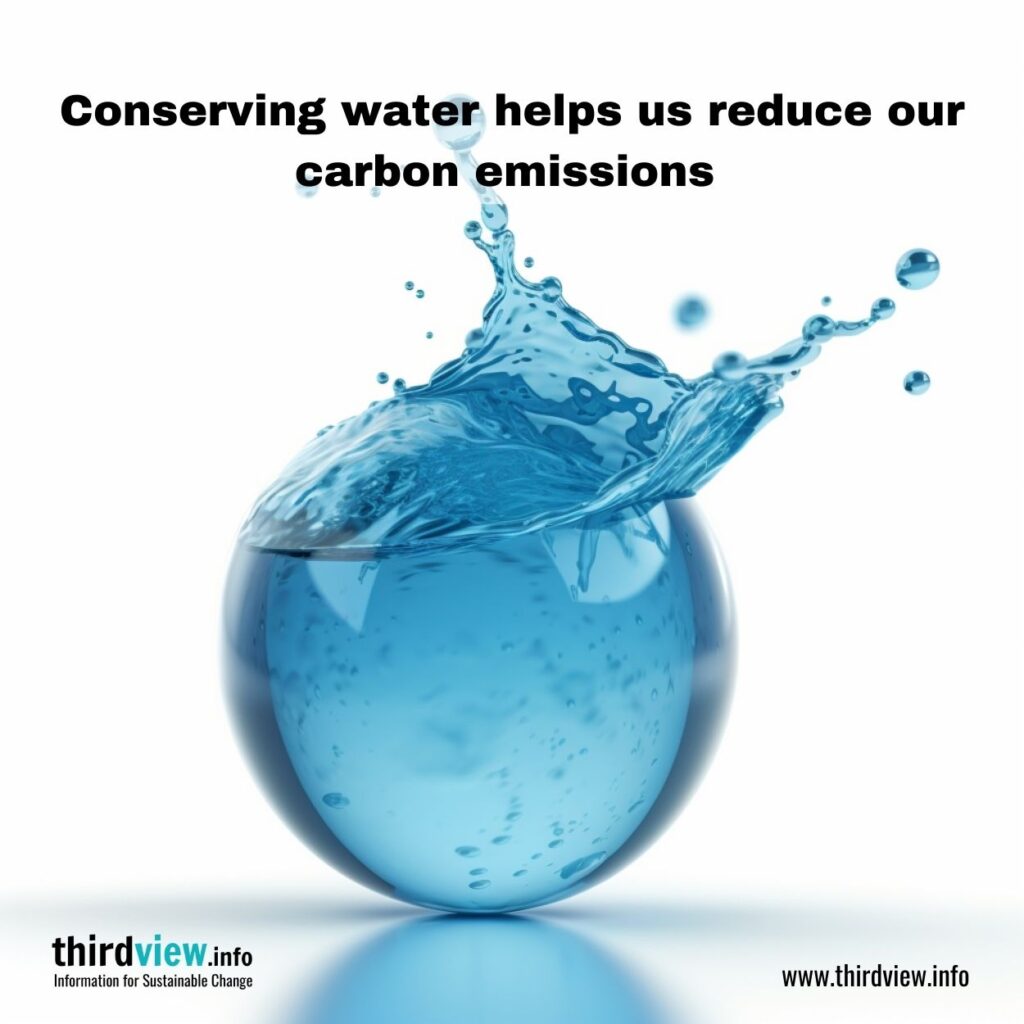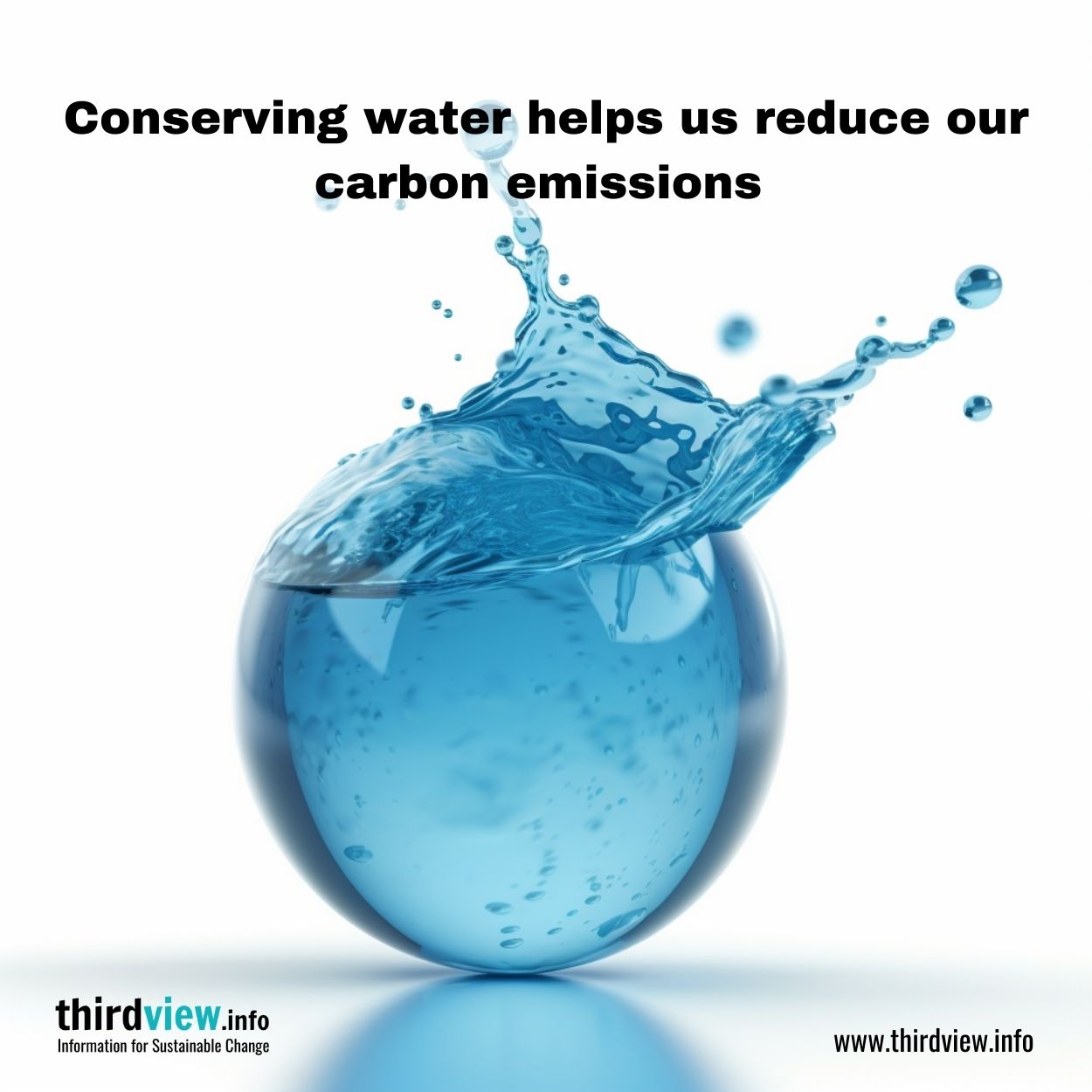Many people don’t realize it, but conserving water can have a big impact on reducing carbon emissions. That’s because the process of pumping, cleaning, and delivering water uses a lot of energy—energy that often comes from burning fossil fuels like coal and natural gas. In order to protect this valuable resource, we need to be conscious of our water usage and take steps to conserve it whenever possible. Not only is conserving water good for the environment, but it can also help reduce your carbon footprint. Here’s how:
Less Energy is Required to Pump and Treat Water
Did you know that it takes a lot of energy to pump water from underground aquifers and then treat it so that it’s safe for human consumption? In fact, according to the U.S. Geological Survey, approximately 4% of all the electricity generated in the United States is used for pumping and treating water. By conserving water, we can reduce the amount of energy required to pump and treat water, which in turn will help reduce carbon emissions.
Less Water Heating is Required
Water heating accounts for approximately 18% of all household energy usage, so by conserving water, you can also help reduce your energy consumption and lower your carbon footprint. There are a number of ways you can conserve hot water in your home, such as shortening your showers, only running your dishwasher and washing machine when they are full and fixing any leaks promptly.
Manufacturing Requires Less Water
The manufacturing process requires large amounts of water for cooling and other purposes. If we can reduce the amount of water required for manufacturing processes by conserving water in our homes, businesses, and industries, we can help lower carbon emissions associated with manufacturing.
Agricultural Irrigation Requires Less Water
Agricultural irrigation accounts for approximately 70% of all freshwater withdrawals in the United States according to the U.S. Geological Survey. By reducing our overall water usage through conservation efforts, we can also help reduce agricultural irrigation requirements and lower carbon emissions associated with agriculture.
There are many benefits to conserving water, including reducing your carbon footprint. So next time you’re running the faucet while brushing your teeth or washing your car on a hot summer day, remember that every little bit counts when it comes to conserving this valuable resource.


